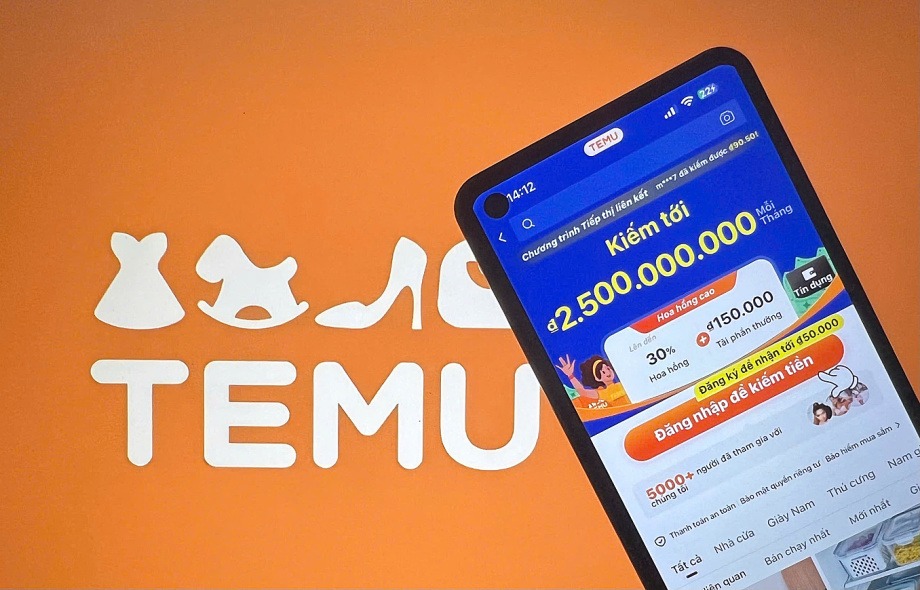13/11/2024
Vietnam to Block Shein and Temu Without Registration Compliance
Shein and Temu are facing a new regulatory challenge in Vietnam, where the government requires the two companies to register with local authorities by the end of November or risk being blocked from selling to Vietnamese consumers.
Shein and Temu are facing a new regulatory challenge in Vietnam, where the government requires the two companies to register with local authorities by the end of November or risk being blocked from selling to Vietnamese consumers.
While Shein has a more established presence in the country, Temu only entered the Vietnamese market last month. However, its entry has faced hurdles, launching only in English and not integrating Momo, a popular Vietnamese payment platform.
Vietnamese regulators, according to the South China Morning Post, are concerned about the impact of these companies on local businesses, given their deep discount strategies and the potential sale of counterfeit goods.
Deputy Trade Minister Nguyen Hoang Long confirmed that the government has already engaged both companies about the registration requirements. Should they fail to comply, the Ministry of Industry and Trade is prepared to implement technical measures to block their apps and domains.

Shein has responded positively, stating that it is working closely with Vietnamese regulators and committed to compliance, though Temu has yet to comment publicly.
Beyond registration, Vietnam is also contemplating a significant policy shift: the elimination of its de minimis exemption, which allows low-cost imports under $40 to avoid value-added tax.
This exemption largely benefits low-cost e-commerce platforms, and Vietnam joins a growing list of countries looking to protect their economies from foreign e-commerce giants.
Vietnam isn’t alone in taking such steps. Indonesia recently banned Temu over similar concerns for local businesses and threatened similar action against Shein.
Meanwhile, in Europe and the U.S., regulators are scrutinizing both companies over their product safety and consumer protection practices. The EU recently launched an investigation into Temu’s potential sale of illegal goods, while U.S. regulators have called for transparency from Shein and Temu about their compliance with safety laws.
Elsewhere, countries like Germany, South Africa, and even the U.S. are eyeing changes to their own de minimis exemptions, indicating a global shift in policy that could reshape the landscape for low-cost e-commerce.
Share:











